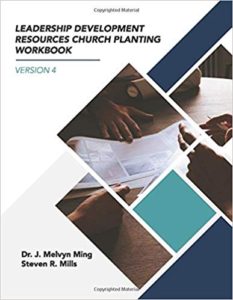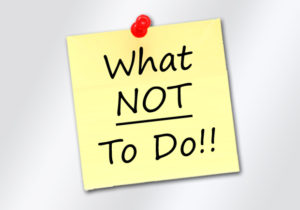Post Covid Opening up Strategy
One of my coaching clients asked me a question about where we go now, and I decided to share my answer with a few of you who I have coached in the past.
We are a transition point. The last year and a half disrupted how almost everyone did church. Everyone had to adjust and find ways to minister during Covid. The hybrid church is probably here to stay.
We are now at another transition point. People are ready to forget about Covid and get back to life and the future. This is observable in many ways: air travel is growing exponentially, national parks are breaking all-time records, people are taking a vacation and going to see family, sporting events are packed to capacity. All of this tells us the focus of people in on the present and future. They are wanting to get on with life, not focus on the past and problems.
What are the implications for church leaders? I think every church needs to act like they are planting their church all over September 1st. What would you do if you were planting your church for the first time this September? That is probably what you should be doing.
How are you going to get people connected to your church who don’t even know you exist? Here are a few ideas to get you thinking.
- I would urge you to consider a three-issue mail campaign to your community (3 mailings two weeks apart). If you can’t afford to mail to your entire community, consider: 1) mailing to everyone who has purchased a home in the last year and a half; 2) mailing to everyone who has children living at home (Buy the address list from a marketing company); 3) mailing to everyone within 2, 3, 5 miles of your building. In your mailing focus on why they should attend your church from their point of view. Not your mission statement “To know Christ and live for him daily”, BUT “You can find faith that will transform and authentic friends”.
- Print invitation cards (sometimes called touch cards) for your members to use in inviting their friends, neighbors, and co-workers to come with them to church. Design them for non-Christians.
- Start a weekly email to every email address you have. Keep it short and focused.
First, share one-way people are being transformed at your church (one week you might feature one of the following:
-
-
- youth (maybe a story from camp or a teen who turned their life around),
- children (maybe a story from your summer kid’s ministry or how the kid’s ministry helps parents)
- Young Adults (how someone found authentic friendship or direction in life)
- Women (How someone’s life is being transformed by a small group or activity)
- Small groups (How being connected helped someone in a tough time)
- Community outreach (How your church is changing lives in your community)
- You get the idea. People are not interested in programs or numbers, but they are interested in lives being changed.
-
Second, why they will not want to miss Sunday (The is your message teaser) How will the message be meaningful to a non-believer.
- Plan a fall fun event that is easy for your church people to invite friends to attend:
-
-
- Have a Car or motorcycle show
- 3 on 3 basketball tournament
- Kids’/Family fun time
- Food trucks after church
- Concert in the park with several bands
- A community serve day
-
Remember to reach your community you will probably need to build some momentum. That is why I suggest your brainstorm with your team on what you would do if you were launching this fall.
I know many of you are way ahead of me on this, but I thought I would share. May God grant you a genuine harvest of souls this fall and help your church to truly reflect Christ in your community.
Mel
“To know Christ and make Christ known”

 This week the LDR Church Planting Workbook was released on Amazon.
This week the LDR Church Planting Workbook was released on Amazon. “Without a culture of collaboration, the best processes, systems, tools, and leadership strategies fall flat.” – Evan Rosen
“Without a culture of collaboration, the best processes, systems, tools, and leadership strategies fall flat.” – Evan Rosen Read the words to the song.
Read the words to the song. To do what really matters, you must set Posterioritites – things you will not do or will quit doing.
To do what really matters, you must set Posterioritites – things you will not do or will quit doing.